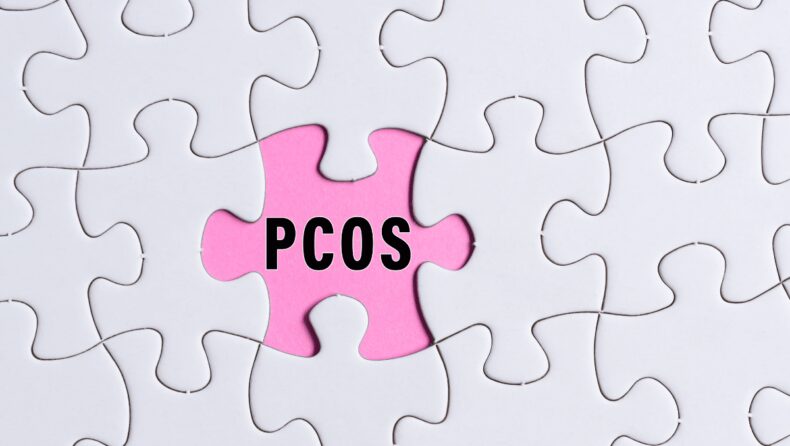Poly cystic Ovarian Syndrome (PCOS) is a hormonal disorder impacting the lives of a number of women in a negative way. One of the main detrimental symptoms associated with PCOS is irregular menstrual cycle which can consequently lead to infertility problems in the future. Other symptoms are acne, abnormal facial hair growth, weight gain, fatigue, etc. these symptoms arise due to the hormonal imbalance particularly over excess of androgens inside the body.

Owing to the rise in cases of PCOS due to the hectic and unhealthy lifestyle of the people, it is recommended to follow some natural tips to manage the symptoms of PCOS effectively and without any medical intervention.
Natural Tips to Manage PCOS
Cinnamon consumption

Cinnamon has been used for centuries due to its various medicinal properties. It is known to improve insulin selectivity in the patients with PCOS causing the blood sugar levels to lower. Many studies have shown its effectiveness in regulating insulin levels in the body. Normalizing the insulin levels will help normalize the menstrual cycle thus also improving the fertility of the patient. It can be taken anyway with either food or drinks. It will be more beneficial to take it in the morning with lukewarm water.
Exercise

Exercising regularly is not only beneficial for women who have PCOS but everyone. It should be a regular part of your everyday life irrespective of whether you are suffering from PCOS or not. It helps to shed the belly fat in the body which is the main reason for the insulin imbalance. This will help to regulate the blood sugar and will also prevent the growth of abnormal facial hairs. Inflammation and weight both will reduce from the body by exercising regularly at least 30 minutes everyday. Researchers recommend moderate intensity workout like cycling or brisk walking, especially for women with PCOS.
Yoga

Doing Yoga will not only help to combat anxiety and depression, one of the most common mental symptoms of PCOS but will also help to increase the sensitivity of the body to insulin. Doing Yoga will produce a sense of well being in the minds of patients, enabling them to lead a better quality of life. The hormonal imbalance will also improve. Many studies have reached the conclusion that yoga helps to regulate the menstrual cycle, thus improving the fertility in women.
Adequate amount of sleep

Studies have shown that the women with PCOS who get an adequate 7 to 9 hours of sleep have better insulin sensitivity and reduced inflammation in the body. Low amount of sleep causes increased release of stress hormone, cortisol in the body which is known to cause hormonal imbalance and consequently weight gain in the body. Sleeping the required amount of hours will prevent all of this and provide energy to exercise regularly.
Saffron or Ashwagandha intake

These are the soothing herbs in the ayurveda which will help to soothe the mind and prevent the symptoms of anxiety and depression from developing. Saffron is also known to reduce androgen levels and ashwagandha helps to maintain balance of cortisol levels thus preventing stress. These are readily available in many natural tea formulations in the market and therefore we can partake them easily.
Omega 3 Fatty Acids

These are called essential fats as the body is not capable of making it on its own and they are needed by the body for various functions. Foods rich in it are fishes, nuts, chia seeds, flaxseeds, etc. many studies have proved that they reduce inflammation, help to regulate menstrual cycle and improve fertility in the women with PCOS. They should be made a part of the diet to effectively combat the symptoms of PCOS and also get the essential nutrients required by the body.
These natural remedies will not only not produce any side effects in the body but will also improve the quality of life by a hundred fold.
Till now there is no specific treatment available to combat the PCOS disorder. Only symptomatic treatment for irregular periods and abnormal facial hair growth is available in the form of medication or birth control pills. These may also produce negative effects on the body owing to their side effects. Surgical intervention is also available for severe forms of disease. If PCOS is becoming unmanageable it is recommended to contact your healthcare provider for these treatment options.













